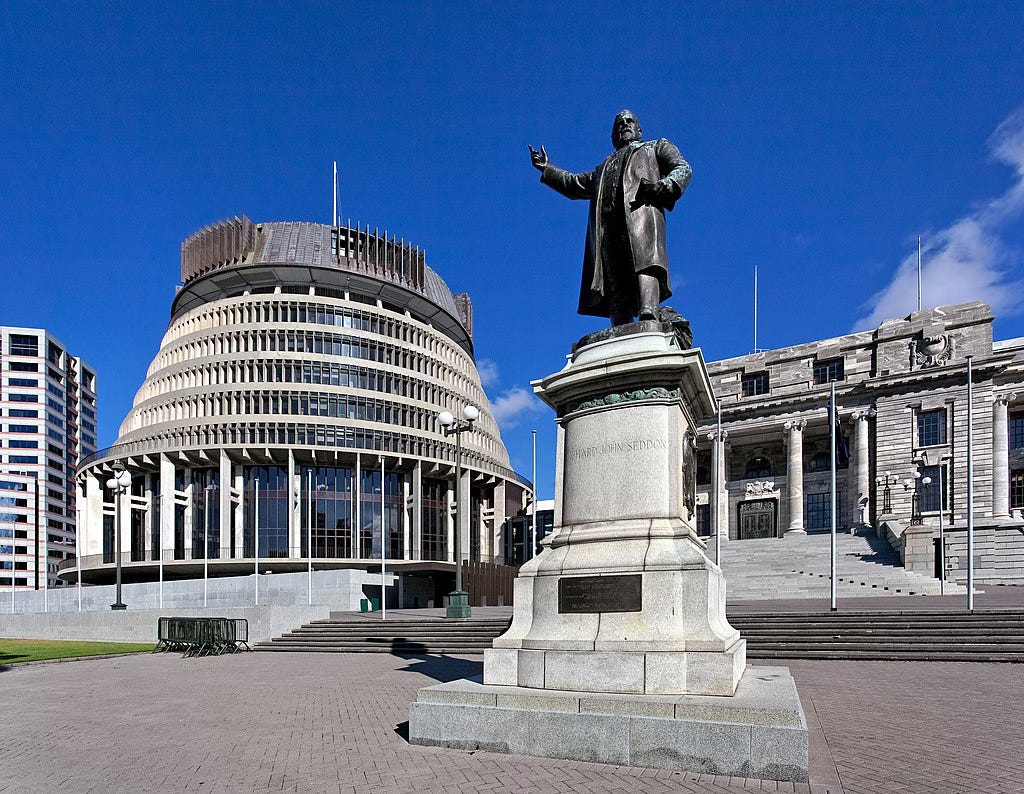The skills to run effective governments
We should be focussing more on what skills public servants and politicians need in a changing world, not short-term cost cutting theatre

The public service is frequently viewed (and sometimes accurately) as bloated and inefficient. Ripe for cutting back, as the current coalition government is doing.
But seeing government inefficiency and ineffectiveness largely as a problem of staffing numbers is a simplistic view, focussed on short-term costs not value. It ignores the structures, processes, incentives, resources, and skills that contribute to good government.
Geoff Mulgan, an experienced and thoughtful public policy expert in the UK, has been thinking about how the skills of parliamentarians and public servants need to change. He notes that education and training programmes for politicians and public servants in many countries have been slow to adapt as the world and public management thinking changes.
Mulgan suggests that economics and law are over-emphasised in the education of public servants (especially where there are civil service training schools and courses). And, that the common focus of courses on business and digital skills provided by universities isn’t well aligned with the competency needs identified in surveys of public servants – notably values & ethics, leadership, and achieving results.
The pandemic also illustrated – less so in New Zealand – that governments aren’t often good at interpreting scientific information, and asking good questions about the science.
He also points out that one-off intensive courses aren’t the best way to learn. Rather, learning by doing alongside periods of coaching has been shown to be more effective, and a way of changing mindsets.
One of his conclusions is that government needs to move beyond thinking that its central function is about finance and see it should be more about “intelligence” – which, in part, is both the better collection & analysis of information, and the sharing and making sense of with communities and businesses.
That still looks like a hard change for governments to make. These days both money and information are power. Many politicians of all political persuasions, and the leaders of some government agencies, still don’t like to share their power.



